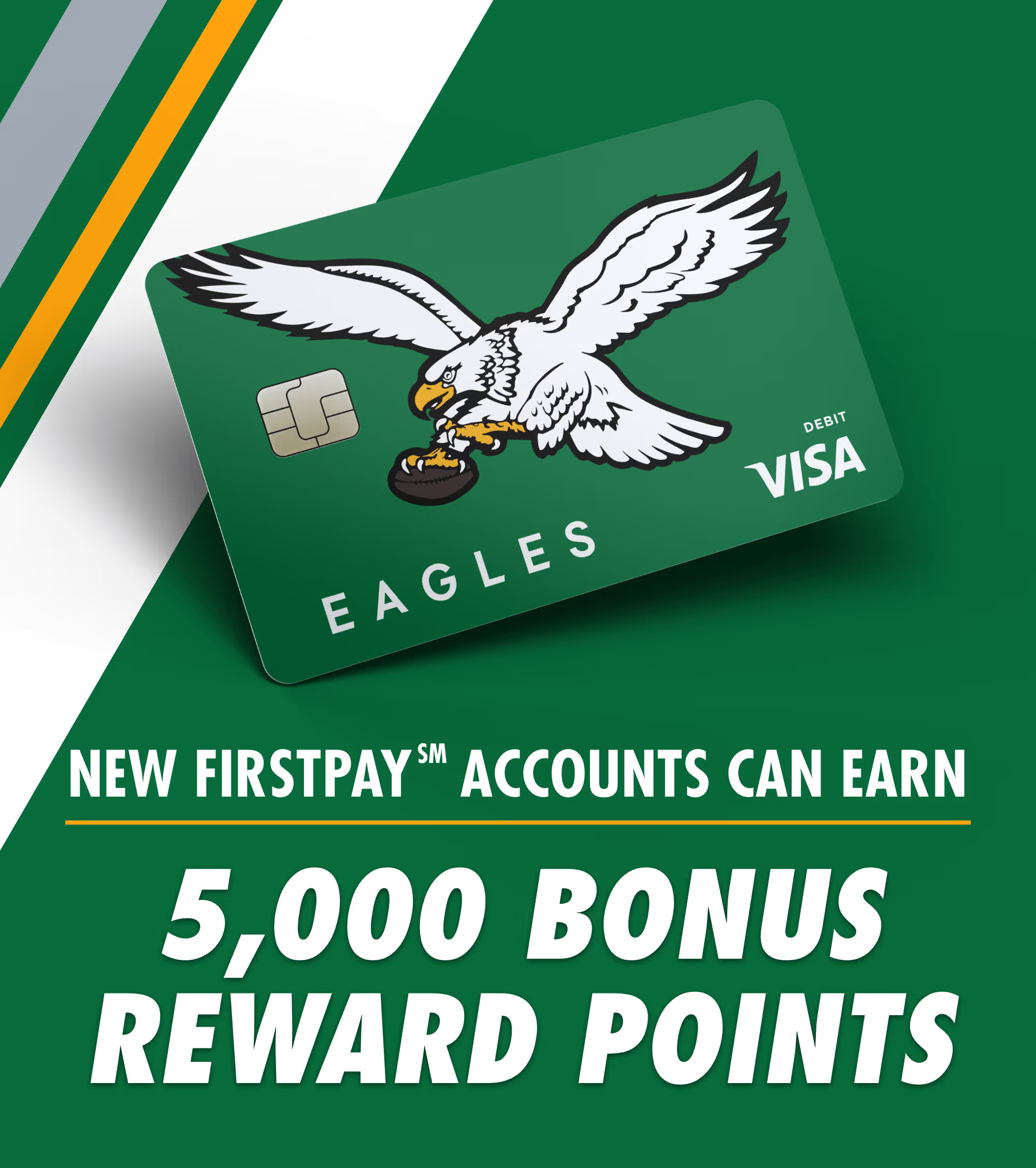School's Out, Scams Are In.
If you get a text, email, or DM with an urgent message to log in to your bank account - It’s not your bank! It’s time to put scammers in their place.
At Firstrust Bank, we’re committed to helping you spot scams and protect your account. We’ve joined with the American Bankers Association in a nationwide effort to fight phishing—one scam at a time.
Text Message Scams
Phishing text messages attempt to trick you into sharing personal information like your password, PIN, or social security number to gain access to your bank account. As long as you don’t respond to these messages and delete them instead, your information is safe. All you need to do is spot the signs of a scam before you click or reply.
Slow down—think before you act - Acting too quickly when you receive phishing text messages can result in unintentionally giving scammers access to your bank account — and your money. Scammers want you to feel confused and rushed, which is always a red flag. Firstrust Bank will never threaten you into responding, or use high-pressure tactics.
Don’t click links - Never click on a link sent via text message — especially if it asks you to sign into your Firstrust Bank account. Scammers often use this technique to steal your username and password. When in doubt, visit firstrust.com by typing it directly into your browser or log in to the Firstrust mobile app.
Never send personal information - Your bank will never ask for your PIN, password, or one-time login code in a text message. If you receive a text message asking for personal information, it’s a scam.
Delete the message - Don’t risk accidentally replying to or saving a fraudulent text message on your phone. If you are reporting the message, take a screenshot to share, then delete it.
What To Do If You Fall For A Phishing Text Message
- Change your password if you clicked on a link and entered any sort of username and password into a fake site.
- Contact Firstrust Bank.
- If you lost money, file a police report.
- Report the scam to the Federal Trade Commission or call 1-877-FTC-HELP (382-4357).
Stay Vigilant. Stay Secure.
And remember, when it comes to your personal information, it’s better to be cautious than to be sorry.
For tips, videos, and an interactive quiz to help you spot scams, visit www.BanksNeverAskThat.com. And be sure to share the webpage with your friends and family.



























.png)
.png)









